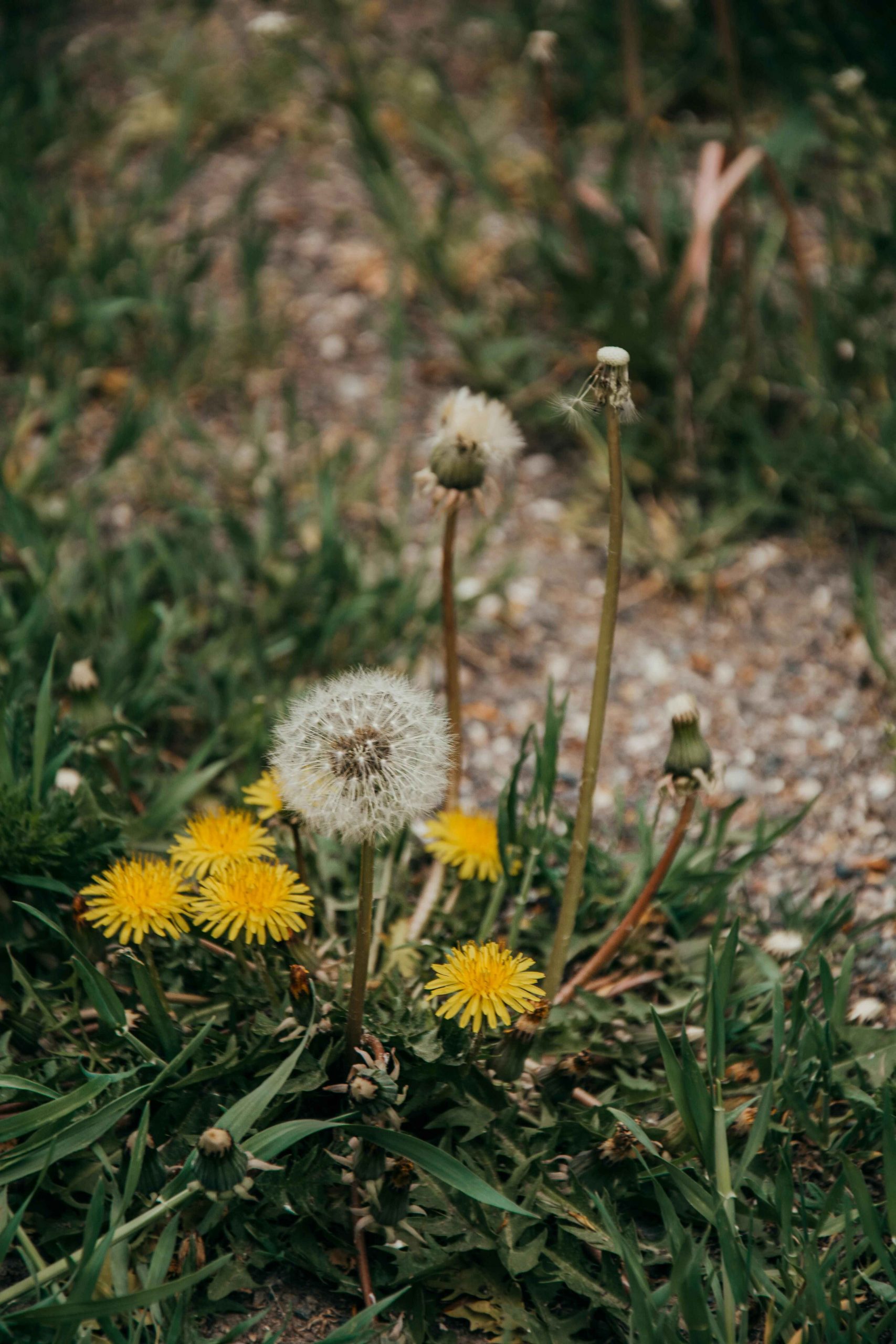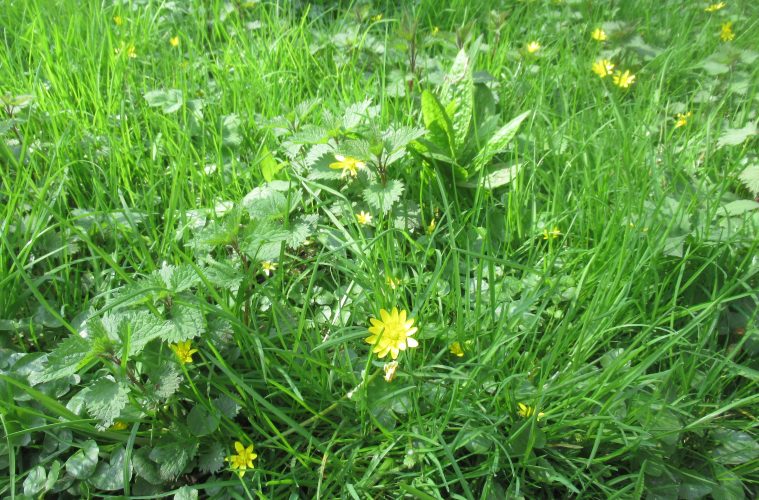Weeding is time-consuming. The first step is to prevent weeds from growing at all, but if they do, you can remove them using natural methods.
Prevention is better than a cure
You can plant more intensively by practising no-dig gardening and using small beds, which crowds out weeds. Mulching, along with growing green manure and cover crops, is highly beneficial for the soil, and it also helps in reducing weeds. Drip irrigation efficiently delivers water directly to the roots of the vegetables, minimising moisture levels, which are detrimental to weed survival.
Remove the weeds
There are different ways to remove weeds effectively. Smothering is one of those effective methods. This deprives weeds of sunlight by smothering them. Just water the area well and cover with layers of cardboard. Fit the covering around any plants, leaving gaps around the stems. Cover the cardboard with thick layers of compost mixed with some topsoil. As time goes on, the cardboard will slowly decompose.
Another method that you could use is Solarising. This method uses the sun’s heat to kill unwanted seeds and plants. Water the area thoroughly and cover it with clear plastic, securing the edges with bricks to prevent movement. The clear plastic allows the sun’s heat to penetrate and heat the soil. Let the plastic sit for a couple of hours before uncovering. You can also use this method to kill unwanted grass.
Edible weeds
Weeds come in different varieties; some are harmful to your garden, and some can be surprisingly helpful. Edible weeds are part of the less harmful variation. These include:
Chickweeds
Easy to control, succulent leafy greens. Chickweeds are high in vitamin C and other nutrients. You can eat them raw or enjoy them lightly cooked.
Purslane
This low-growing fleshy succulent has more Omega-3 oils than fish oil. It’s an annual that grows in any soil, from the most fertile to the extremely poor. To control it, don’t allow the purslane to seed.
Dandelion
Every part of a dandelion is edible and nutritious. You can eat the leaves raw or steam them. The young leaves are less bitter as they are still fresh. The dandelion flowers are sweeter than the leaves, and they can even be added as a crunch to salads.

Image Credit: Pexels
Although they may be annoying, weeds are a vital part of nature’s ecosystem, soil and growth cycle. In less fertile soils, the weeds will colonise the ground first. Their long, hardy roots mine nutrients from deep in the subsoils.
ALSO SEE: EFFECTIVE COVER PLANTS TO CONTROL WEEDS IN YOUR GARDEN
Feature Image: Unsplash

